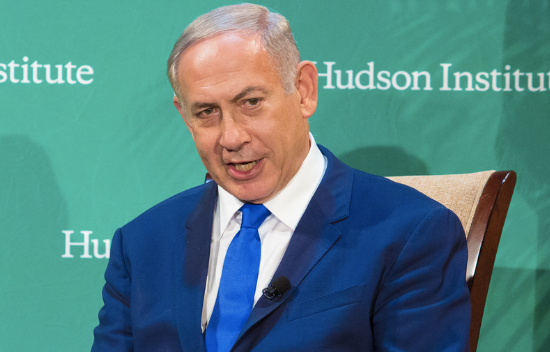Seth Mandel
Commentary Magazine, Jan. 19, 2024
“The Hamas attacks—and the possibility of war in the north, with Iran’s Hezbollah thugs—means there is absolutely no mechanism whatsoever for working toward Palestinian statehood until the situation in both places is stabilized.”
Benjamin Netanyahu’s wartime unity government is in a precarious place largely because of the prime minister’s own political vulnerability. The greater the number of politicians who believe they’d benefit from new elections, the more knives there will be out for Bibi. Right now, polls suggest that Benny Gantz’s party would win enough seats to form a coalition without Netanyahu’s Likud party. And that widens the net of people who see themselves getting a share of the spoils if Netanyahu falls.
But there’s another angle to this that Bibi no doubt is keeping an eye on: the civil-society opposition.
Prior to Hamas’s Oct. 7 massacre and the ensuing war, Israel’s civil-society groups were focused on trying to stop the government’s proposed judicial reforms. That meant organizing massive protests—hundreds of thousands took to the streets—plus strikes and other labor actions and even a nascent and controversial rebellion among military reservists.
On Oct. 7, that coordinating infrastructure turned its attention to supporting the defense of the state and helping hostages and their families. Some anti-reform groups paused their work while some of their members joined efforts to help the IDF or the captives. Other groups stayed intact and simply adjusted their mission to the current moment. The tech sector lent its expertise from one to the other, and some of Israel’s bareknuckle political strategists did the same.
… [To read the full article, click here]


